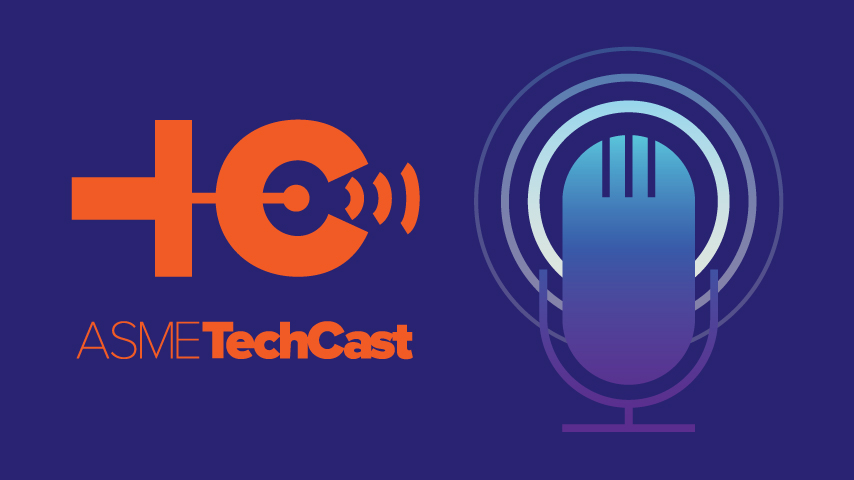Energy Subcommittee Examines Nuclear Power for AI Infrastructure
Energy Subcommittee Examines Nuclear Power for AI Infrastructure
The House Science, Space, and Technology Subcommittee on Energy recently held a hearing to examine how nuclear energy can meet the growing electricity demands created by artificial intelligence (AI) systems and large-scale data centers. As AI technology expands rapidly, experts estimate that power demand from data centers alone could double by 2030, creating new challenges for U.S. energy infrastructure.
Committee members and witnesses discussed nuclear energy’s potential to provide the reliable, carbon-free power needed to support this growth. Small modular reactors (SMRs) and other advanced nuclear technologies were highlighted as promising options for meeting long-term energy needs. Witnesses also pointed to ongoing partnerships between energy companies and technology firms aimed at building nuclear capacity near data centers.
The hearing also surfaced key policy challenges. Several witnesses noted that regulatory barriers and gaps in the domestic fuel supply chain could slow the deployment of next-generation nuclear systems. Concerns were raised about proposed budget cuts to the Department of Energy’s Office of Nuclear Energy and the Advanced Reactor Demonstration Program, which play critical roles in supporting innovation and ensuring U.S. leadership in the nuclear sector.
“Without modernizing our regulatory process, we risk falling behind globally in deploying safe, advanced nuclear technologies that can meet this demand,” said Pat Schweiger, Chief Technology Officer at Oklo Inc.
The discussion highlighted the intersection of technology, energy policy, and national competitiveness. As Congress considers how to address growing AI-driven energy needs, there is increasing attention on nuclear power as part of a broader strategy to strengthen U.S. infrastructure and maintain leadership in clean energy innovation.





